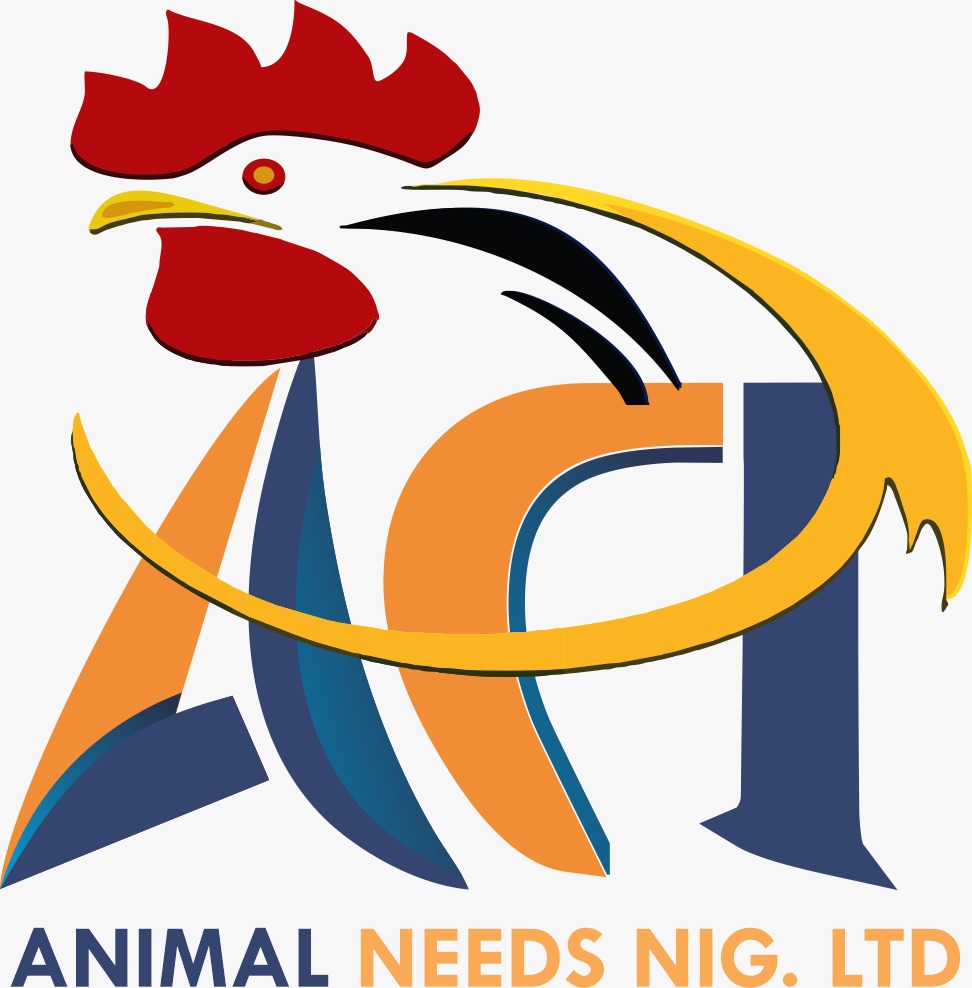Contact Us +2347031164945
NEWS
Reducing dry season effects on forage availability for livestock
Using adjuvants to enhance pesticides performance
Tuta absoluta: meet pest behind Nigeria’s 2023 tomato scarcity
For Young People To Consider Agriculture
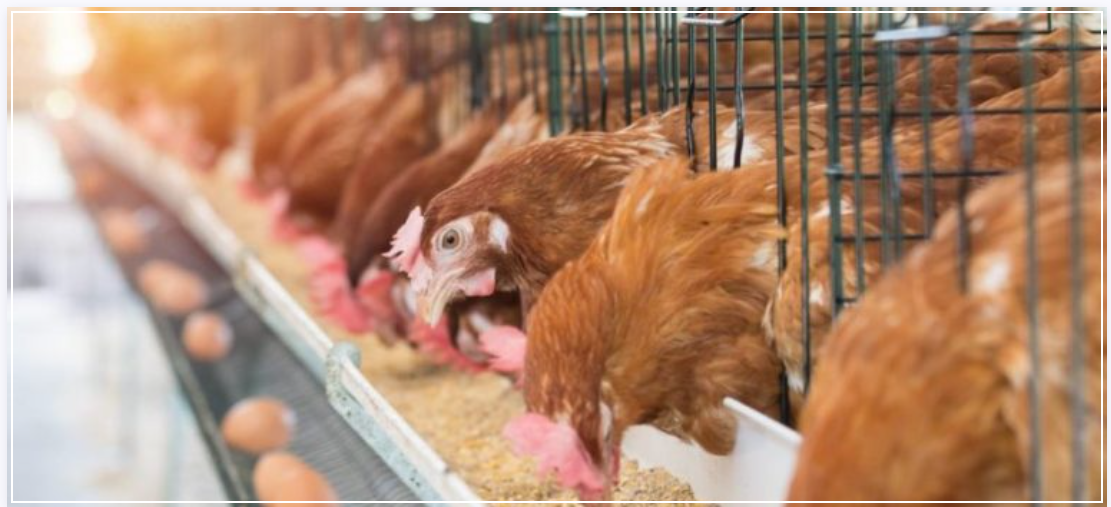
Why are food subsidies essential for the survival of Nigerians?
Everything you need to know about starting a poultry farm in Nigeria. From budgeting to bird types, care, housing and successfully marketing your poultry. Commercial poultry farming has created a profitable business opportunity for Entrepreneurs in Nigeria. Learn how to start poultry farming in Nigeria.
This article is about the facts of poultry farming in Nigeria, if you are interested in a detailed guide on how to start poultry farming in Nigeria, you should check out Poultry Farming in Nigeria: How to Get Started.
Poultry farming in Nigeria – The definition of Poultry Farming is pretty straightforward; it is the rearing of domestic birds (primarily chickens, turkeys, ducks, geese), etc., for meat, eggs, or both, depending on the type of poultry farming you are interested in.
In Nigeria, most poultry farmers focus on rearing Chickens and Turkeys, with chicken being the most preferred. About 85 million (42%) of Nigeria’s population, 4 in every 10 Nigerian, are into poultry production, primarily small scale to medium scale poultry farming. There’s hardly any part of the country where you wouldn’t see these two-legged creatures roaming around the neighbourhood or being reared.

Nigeria Poultry System
Questions answered in this article: – What are the different types of poultry farming in Nigeria, and what are the pros and cons of each type? – What are the challenges of poultry farming in Nigeria, and how can you be successful as a poultry farmer in Nigeria? Poultry farming, in general, is the practice of raising domesticated birds, such as chickens, ducks, turkeys, and geese, for meat, eggs, and feathers. It involves breeding, raising, and caring for birds in controlled environments. Behind beef and goat meat (or mutton), poultry meat is the most consumed kind of meat in Nigeria. It also produces eggs, which are in high demand because not all households can afford meat. There is a gap between production and demand for these products, creating entrance opportunities for more producers. For example, in 2023, Nigeriaâs minister of agriculture and food security, Abubakar Kyari, mentioned that the countryâs annual consumption of eggs was 14 billion while the production capacity was 10.3 billion. Thus, this leaves a gap of 3.7 billion eggs! He also stated that poultry meat production output only satisfied 55% of the 1.5 million metric tonnes (MMT) consumption demand.
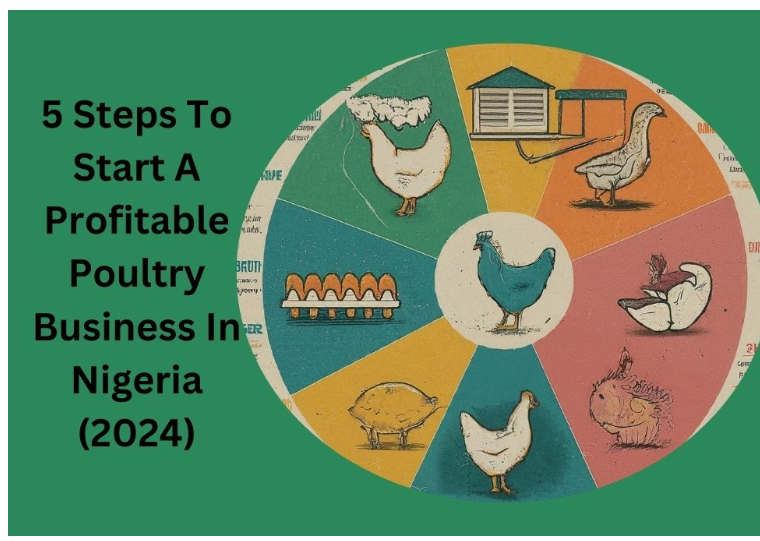
INTERESTING FACTS ABOUT POULTRY FARMING IN NIGERIA
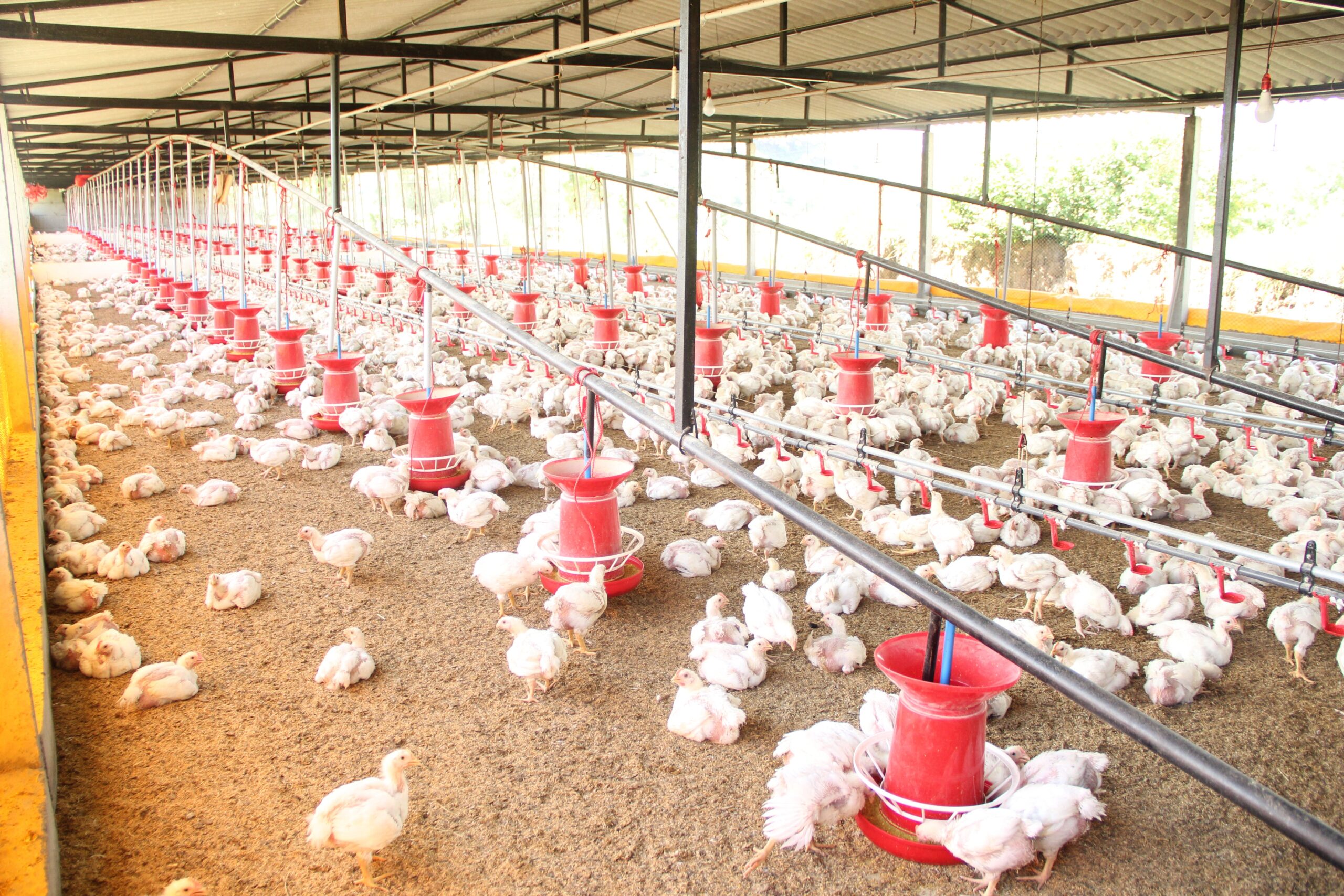
Poultry production in Nigeria
Nigeria has the largest annual egg production and second largest chicken population in Africa. The Nigerian poultry industry comprises about 180 M birds. Of these, 80 M chickens are raised in extensive systems, 60 M in semi-intensive, and the remaining 40 M in intensive systems. Poultry production in Nigeria amounts up to 300 Mt of meat and 650 Mt eggs per year. About 85 M Nigerians are involved in poultry production (many on a small to medium scale).
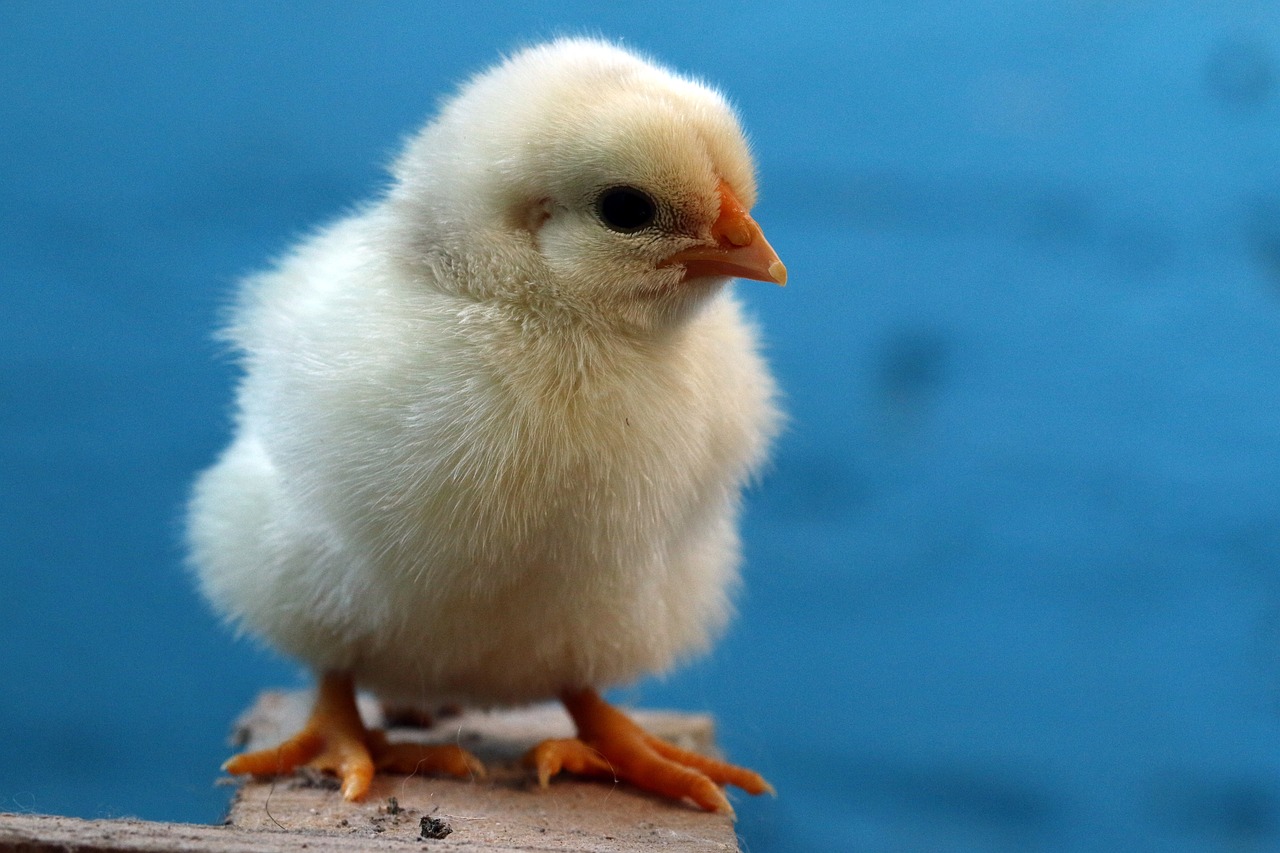
Why are food subsidies essential for the survival of Nigerians?
For organizations with similar names, see List of agriculture ministries. Federal Ministry of Agriculture and Rural Development Agency overview Formed 1967 Jurisdiction Government of Nigeria Agency executive Mustapha Baba Shehuri, Minister The Federal Ministry of Agriculture and Rural Development is a Ministry of the Federal Government of Nigeria that has the mandate to ensure food security in crop, livestock and fisheries, stimulate agricultural employment and services, promote the production and supply of raw materials to Agro- allied industries, provide markets for the products of the industrial sector, generate foreign exchange and aid rural Socio-economic development throughout Nigeria.[1] Mohammad Mahmood Abubakar is the current Minister of Agriculture and Rural Development.[2][3] Abubakar replaced Sabo Nanono and took charge of the affairs of the Ministry of Agriculture and Rural Development in September 2021, after he was redeployed from the Federal Ministry of Environment by President Muhammadu Buhari.[4]
NIGERIA IS THE LARGEST PRODUCER OF CHICKEN EGGS IN AFRICA
About 21 billion eggs are produced in Nigeria annually through poultry farming, making it the largest producer of chicken eggs in Africa. However, compared to other countries, Nigeria’s chicken egg consumption is 60 eggs per annum per capita, compared to 250 eggs per annum per capita in advanced countries.
There is a viable market in the chicken eggs industry.
THE POULTRY FARMING SECTOR CONTRIBUTES 6-8% OF GDP OF THE COUNTRY.
Poultry farming has a significant impact on the country’s domestic revenue, contributing about 6-8% of Nigeria’s GDP annually. Farming in Nigeria accounts for over 20% of Nigeria’s GDP; poultry farming alone contributes to about 30% of Agriculture’s GDP.
Nigeria is the fourth-largest producer of poultry meat in Africa.
Steps to start a poultry business in Nigeria (2024)
Like any money-making venture, starting a poultry farming requires a well-detailed business plan, especially if it is a commercial one. Subsistence farmers runing a small farm at home, raising a few birds (less than 20), may do so without giving much thought to things like economics of production, risk assessments, return on investments, and profitability. However, if you are entering it to make money, you will need these five basic steps:
Step 1 âType of poultry bird selection
To start a poultry farm, you must choose a bird and breed type to focus on if you want to run a lean operation. While making your choice, you have to consider which bird or breed fits your purpose of starting the poultry farm and their adaptability to the environment where your farm is located. Also, how available are the resources you need and market demand for the products? You may need to consider government regulations concerning the bird or breed and financial implications (initial costs and return on investments).
Steps to start a poultry business in Nigeria (2024)
In Nigeria, chicken eggs and meat are the most common types of poultry products because of higher demand due to cultural preference and profitability. They also typically have a higher growth rate than ducks, turkeys, guinea fowls, and geese, allowing for quicker turnover and more frequent production cycles. Despite chickensâ dominance and popularity, some Nigerian poultry farmers engage in the production of other birds.
For chickens, here are some major Nigerian breeds and the purposes they serve:
- Broilers are chickens raised for meat production. They are typically fast-growing and have a high meat yield, making them suitable for the meat industry.
- Layers are primarily raised for egg production. They are known for their high egg-laying capabilities and efficient feed conversion.
- Cockerels are local chickens often raised for both meat and egg production. These indigenous breeds are well-adapted to local conditions but have lower productivity compared to the two breeds mentioned above.
copyright© ANIMAL NEEDS NIG LTD 2023 All Rights Reserved.
